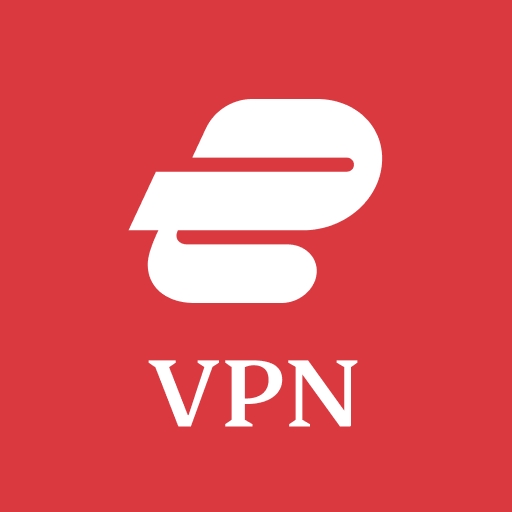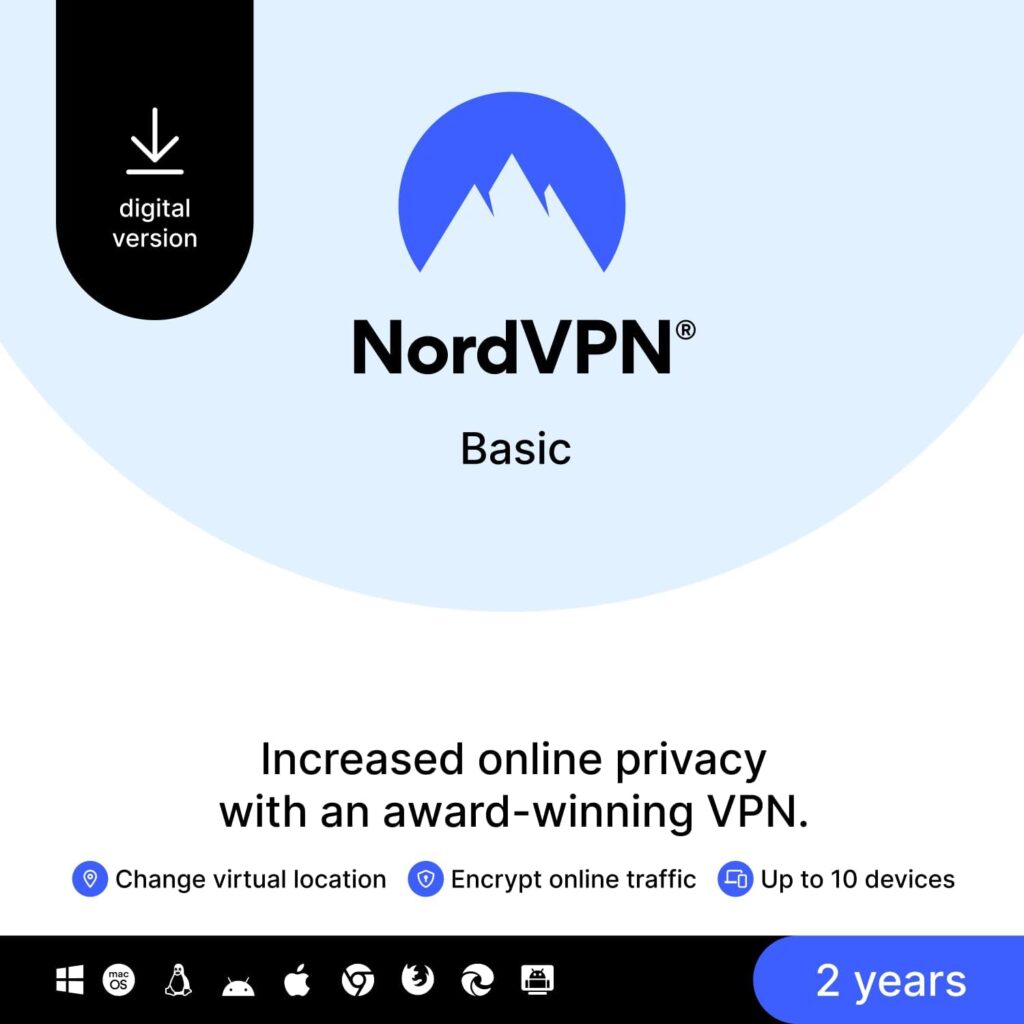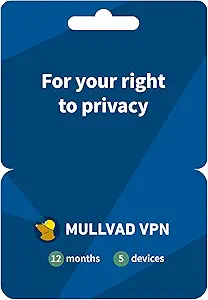In an age where digital privacy is more valuable than ever, Virtual Private Networks (VPNs) have become essential tools for protecting online activity, bypassing censorship, and securing personal data. Whether you’re streaming Netflix, working remotely, or simply safeguarding your internet usage from prying eyes, a reliable VPN is no longer optional—it’s vital.
With dozens of services on the market, it can be difficult to know which VPNs truly deliver on both security and performance. This guide highlights the top VPNs available in the U.S. as of 2025, focusing on privacy policies, encryption strength, speed, ease of use, and value.
ExpressVPN – Best for Speed and Security

- Headquarters: British Virgin Islands (privacy-friendly)
- Encryption: AES-256-bit
- Protocols: Lightway, OpenVPN
- Notable Features: TrustedServer (RAM-only servers), no-logs (audited), kill switch, split tunneling
ExpressVPN is one of the most established names in the VPN world. It’s known for blazing-fast speeds, a polished user interface, and airtight security. Its audited no-logs policy and headquarters in a privacy-respecting jurisdiction make it an excellent choice for users concerned about surveillance and data retention.
✔️ Great for streaming, gaming, and secure browsing
❌ Slightly more expensive than competitors
NordVPN – Best All-Around VPN

- Headquarters: Panama (outside 14 Eyes alliance)
- Encryption: AES-256-bit
- Protocols: NordLynx (WireGuard), OpenVPN
- Notable Features: Threat Protection, Double VPN, Onion over VPN, audited no-logs
NordVPN combines strong security features with excellent performance and wide platform support. Its proprietary NordLynx protocol offers outstanding speed and efficiency, while privacy-forward features like Double VPN make it ideal for advanced users.
✔️ Strong privacy, fast speeds, packed with features
❌ UI can be overwhelming for first-time users
Proton VPN – Best for Privacy Purists
- Headquarters: Switzerland
- Encryption: AES-256-bit
- Protocols: OpenVPN, WireGuard, IKEv2
- Notable Features: Secure Core (multi-hop), open-source, no-logs, free tier available
Built by the creators of ProtonMail, Proton VPN stands out for its unwavering focus on privacy. With its open-source infrastructure and jurisdiction in Switzerland—a country with strict privacy laws—it’s a top pick for users who want complete transparency and data security.
✔️ Secure Core for added anonymity, free plan available
❌ Can be slower than competitors on basic plans
Surfshark – Best for Budget and Unlimited Devices

- Headquarters: Netherlands
- Encryption: AES-256-bit
- Protocols: WireGuard, OpenVPN, IKEv2
- Notable Features: CleanWeb (ad blocker), NoBorders mode, unlimited device support
Surfshark delivers premium features at a fraction of the cost of its competitors. It allows unlimited simultaneous connections, making it ideal for families or heavy users. It balances performance, security, and affordability without sacrificing user experience.
✔️ Great value for money, feature-rich, user-friendly
❌ Based in a Nine Eyes country (though it has a strict no-logs policy)
Mullvad VPN – Best for True Anonymity

- Headquarters: Sweden
- Encryption: AES-256-bit
- Protocols: WireGuard, OpenVPN
- Notable Features: No email needed, anonymous payment, open-source
Mullvad takes anonymity to the next level. Unlike most services, it doesn’t require any personal information—not even an email—to sign up. It also accepts cash payments and is fully open-source. For users serious about avoiding surveillance, Mullvad is the most privacy-respecting option available.
✔️ Truly anonymous, privacy-first, audited
❌ Not ideal for streaming or casual users
Private Internet Access (PIA) – Best for Advanced Users in the U.S.
- Headquarters: United States
- Encryption: AES-256-bit
- Protocols: WireGuard, OpenVPN
- Notable Features: Fully open-source, thousands of servers, proven no-logs (court-tested)
Despite being U.S.-based, PIA has a long-standing reputation for defending user privacy—even in court. It offers extensive customization options and a massive network of servers. It’s best suited for tech-savvy users who want control over their configurations.
✔️ Great performance, highly configurable, affordable
❌ U.S. jurisdiction may deter extreme privacy users
CyberGhost – Best for Streaming and Beginners

- Headquarters: Romania
- Encryption: AES-256-bit
- Protocols: WireGuard, OpenVPN
- Notable Features: Dedicated servers for streaming, ad/malware blocker, automatic kill switch
CyberGhost’s easy-to-use interface and optimized streaming servers make it a solid choice for beginners and media consumers. While it lacks some of the advanced features of others on this list, its affordability and reliability earn it a spot.
✔️ Beginner-friendly, great for Netflix and YouTube
❌ Less customizable, limited advanced features
What Makes a VPN Truly Secure?
When evaluating a VPN for security and trustworthiness, look for:
- ✅ Strict no-logs policy (preferably independently audited)
- ✅ RAM-only servers (wipes data after each reboot)
- ✅ Modern protocols (WireGuard, OpenVPN)
- ✅ Strong encryption (AES-256-bit or better)
- ✅ Kill switch & leak protection
- ✅ Jurisdiction outside the Five/Nine/Fourteen Eyes alliances
Final Thoughts
Whether you’re prioritizing privacy, performance, or affordability, there’s a VPN tailored to your needs in today’s U.S. market. While ExpressVPN and NordVPN remain top-tier all-around options, privacy-centric users will appreciate Proton VPN and Mullvad, and budget-conscious users will find tremendous value in Surfshark and PIA.
Remember: the best VPN for you depends on your specific goals—streaming, privacy, torrenting, or all of the above. In any case, using a trustworthy VPN is a major step toward reclaiming control over your online presence in an increasingly monitored world.

